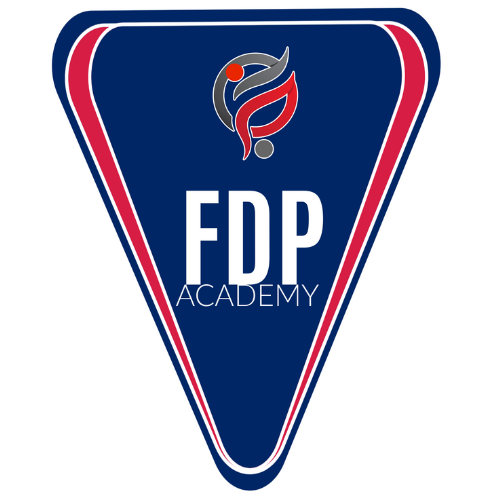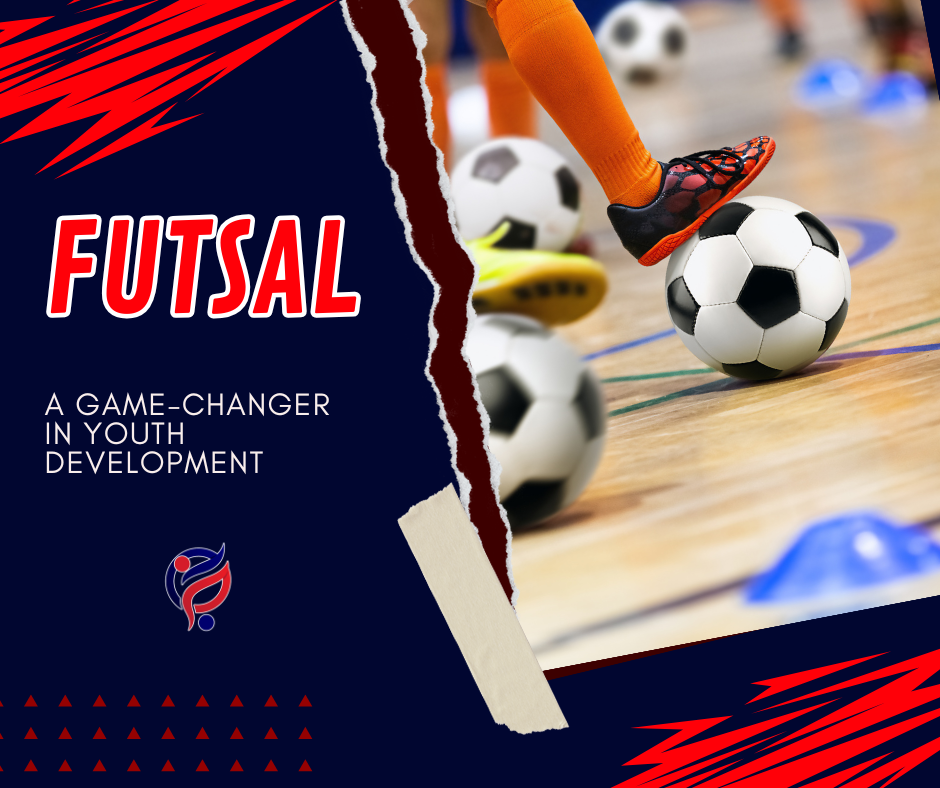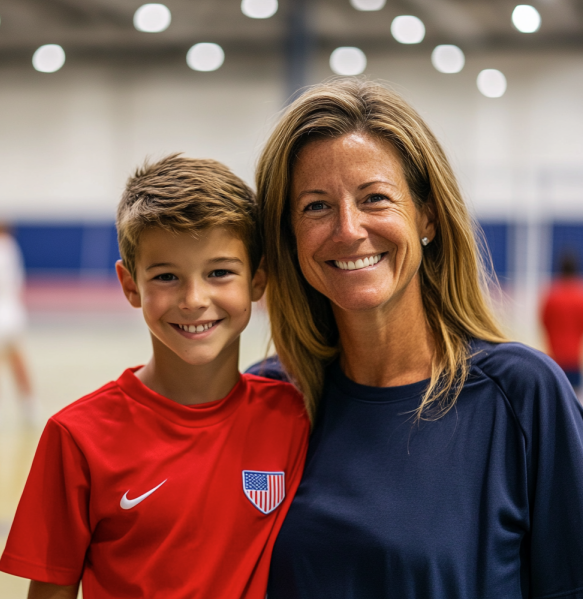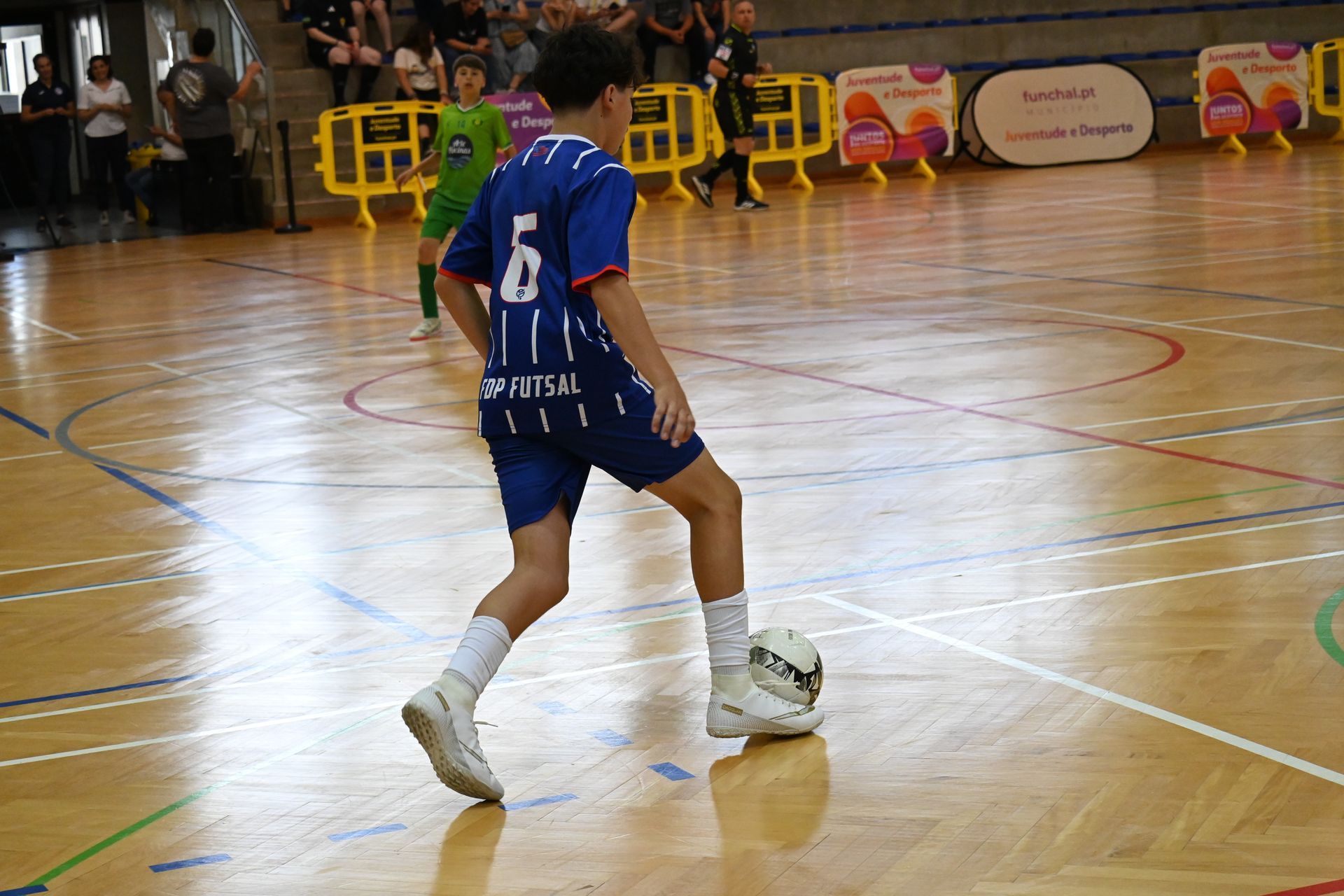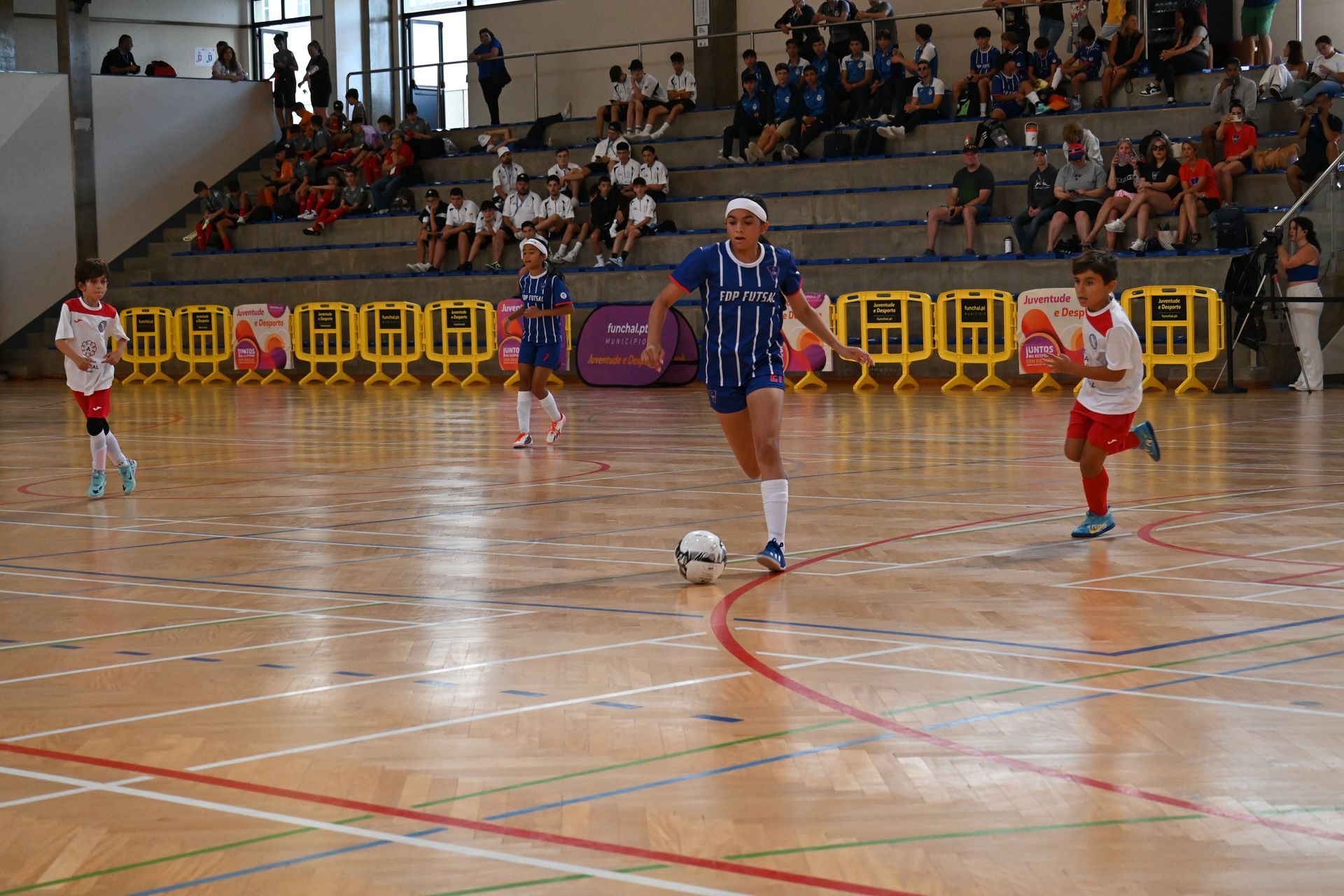Why New Jersey's Futsal Teams Are Missing Out on the Nation's Biggest Tournament
Why New Jersey's Futsal Teams Are Missing Out
on the Nation's Biggest Tournament
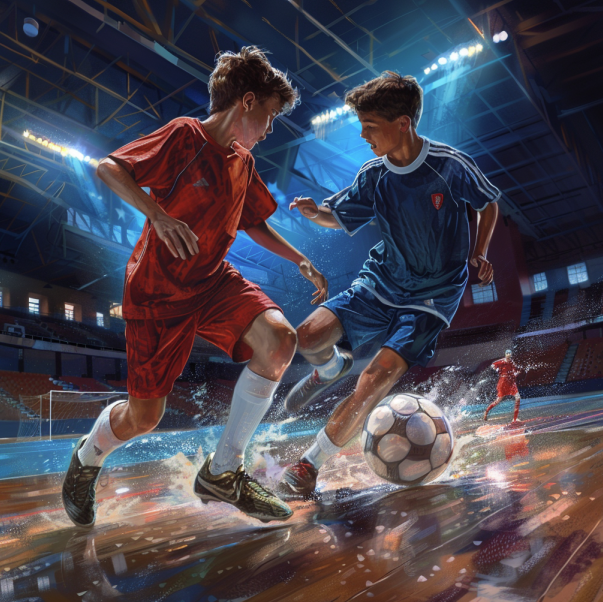
The minimal presence of New Jersey (NJ) futsal teams in the 2024 USFF Northeast Futsal Regionals, despite the tournament being hosted in their own backyard at the Atlantic City Convention Center, may be influenced by a variety of factors. Based on the information gathered, the reasons behind this scenario are not directly outlined in available sources. However, by examining the structure and engagement of futsal within NJ and comparing it with broader trends in the sport, we can infer some potential reasons:
Lack of Awareness and Promotion: Futsal, despite its global popularity and endorsement by FIFA as an essential tool for developing football skills, may not be as heavily promoted or understood in NJ as in other regions. The sport's benefits for skill development, such as improved ball control and faster decision-making, are well-documented but may not be widely recognized by local clubs or academies.
Competition with Soccer Programs: Soccer is a dominant sport in the U.S., and in areas like NJ, traditional outdoor soccer may overshadow futsal. The financial incentives and infrastructure for soccer, including leagues, tournaments, and scholarships, might draw more attention and resources away from futsal.
Infrastructure and Support: The development of competitive futsal programs requires investment in coaching, facilities, and organizational support. NJ may lag behind other states in establishing these foundations for elite futsal competition. Programs like the FDP Select Tournament Teams and EDP Futsal NJ show there are efforts to develop high-level futsal talent in the state, but these may not yet be at the scale or visibility of programs in other regions.
Cultural Preference and Sporting Traditions: Sports preferences can vary significantly by region, influenced by local culture, history, and the success of regional teams in particular sports. NJ's sporting culture might be more inclined towards traditional soccer, with less historical emphasis on indoor or alternative formats like futsal.
Access to High-Level Competition: The presence of platforms for high-level futsal competition, such as the USFF Regionals and Nationals or USYF Nationals, is critical for developing competitive teams. While NJ teams may participate in local and state-level competitions, the step up to regional and national tournaments requires a higher level of commitment, preparation, and skill. This is evident in initiatives aimed at identifying and nurturing high-level players for these competitions.
To further address the issue of New Jersey's minimal presence in the USFF Northeast Futsal Regionals, it's important to delve into strategies that could enhance participation and competitive success in future tournaments. The insights provided do not directly cite reasons from online resources specific to New Jersey's participation levels but draw on general observations about futsal development and participation dynamics. Here are some strategies that could potentially boost New Jersey's representation and success in regional and national futsal competitions:
Enhanced Futsal Promotion and Education: Increasing awareness about the benefits of futsal for soccer players' development is crucial. Organizations can host workshops, clinics, and demo events in partnership with local schools, clubs, and community centers to educate parents, coaches, and players about futsal's advantages.
Building Infrastructure: Investment in futsal-specific facilities and programs can provide a solid foundation for the sport's growth. This includes developing indoor courts that meet official futsal specifications and creating leagues that offer regular play throughout the year, not just as a winter alternative to outdoor soccer.
Coach and Referee Development Programs: Quality coaching is pivotal for player development. Offering certification and continuous education programs for futsal coaches and referees can improve the level of play and ensure that the rules and spirit of the game are consistently upheld.
Club Integration and Support: Encouraging traditional soccer clubs to integrate futsal into their training programs can expose more players to the game. Clubs could form their own futsal teams to compete in local, regional, and national tournaments, providing a pathway for player development and competitive success.
Scholarships and Financial Incentives: To overcome financial barriers, offering scholarships or reduced registration fees for talented players could increase participation. Sponsorship deals and fundraising events can also provide the necessary funds to support teams' travel and accommodation expenses for regional and national competitions.
Strategic Partnerships and Community Engagement: Building partnerships with schools, local businesses, and other sports organizations can help in promoting futsal and securing resources. Community engagement initiatives can raise the sport's profile and attract volunteers, sponsors, and fans.
Success Stories and Role Models: Highlighting local players who have achieved success in futsal or soccer through their participation in futsal can inspire others. Organizing meet-and-greet events with such athletes can motivate young players to take up and persist in the sport.
State and Regional Futsal Associations' Role: These bodies play a crucial role in organizing competitions, setting standards, and providing resources for clubs and teams. They can also liaise with national organizations to ensure that the state's interests and developmental needs are represented and addressed.
By addressing these areas, New Jersey could not only increase its presence in prestigious tournaments like the USFF Northeast Futsal Regionals but also contribute to the overall growth and development of futsal within the state. This approach requires a collaborative effort from all stakeholders involved in the sport, including clubs, schools, associations, and the players and their families.
Contributed by: Niko Alexopoulos
DON'T MISS ANY BLOG POSTS
Unlock Exclusive Insights: Subscribe Now & Stay Ahead of the Curve! Don't Miss a Single Blog Post—Join Our Community for Expert Tips, Fresh Perspectives, and Insider Knowledge. Your Ticket to Stay Informed, Inspired, and Empowered Awaits!
MAXIMIZE YOUR POTENTIAL
Empower Your Journey: Subscribe for Exclusive Access to Training, Programs, Camps, and Events. Elevate Your Skills and Seize Every Opportunity!
